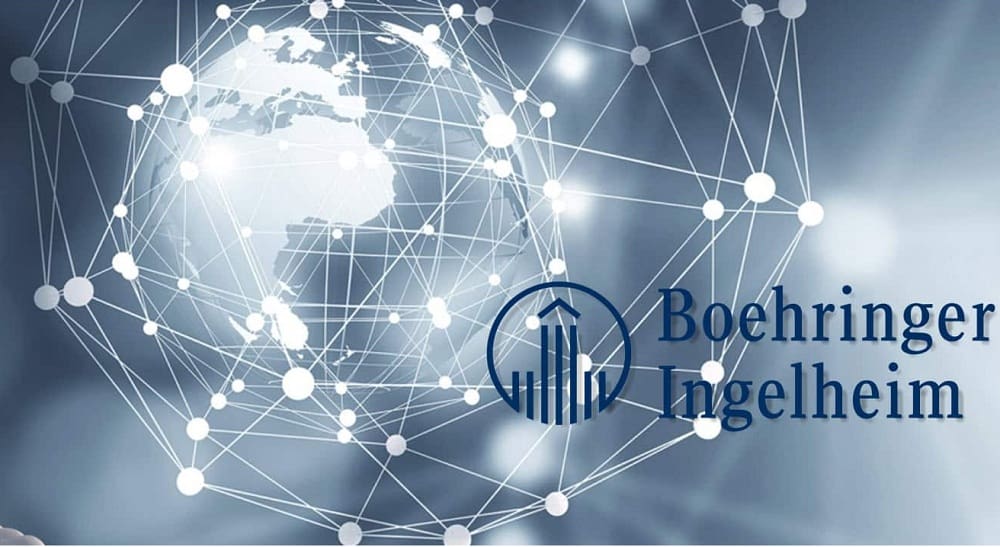Boehringer Ingelheim and Bridge Biotherapeutics Inc. announced that they are entering into a new collaboration and license agreement with the goal of developing Bridge Biotherapeutics’s autotaxin inhibitor BBT-877 for patients with fibrosing interstitial lung diseases, including IPF. BBT-877 is currently in Phase I clinical studies and is anticipated to enter Phase II testing within the next 12 months.
Both companies will initially focus on developing the compound for the treatment of IPF, an area of high-unmet medical need and one of the key focus areas of Boehringer Ingelheim. Boehringer Ingelheim has developed OFEV® (nintedanib), an antifibrotic drug shown to slow disease progression by reducing lung function decline and currently approved for the treatment of IPF in more than 70 countries around the world including the US, the EU and Japan.
IPF is a rare, debilitating and fatal lung disease affecting approximately three million people worldwide. It causes progressive scarring of the lungs, resulting in continual and irreversible deterioration in lung function and breathing difficulties. BBT-877 inhibits autotaxin, an enzyme mediating a key pro-fibrotic event in multiple cell types. It has shown a promising safety and efficacy profile in pre-clinical models for fibrosing interstitial lung diseases and potential for combination with the current standard of care.
Michel Pairet, member of Boehringer Ingelheim’s Board of Managing Directors with responsibility for the company’s Innovation Unit said, “We look forward to working with the team at Bridge Biotherapeutics to develop a new treatment option for patients with IPF. This new collaboration complements our growing pipeline in fibrosing interstitial lung diseases and is a sign of our determination to bring the next generation of treatment options to these patients.”
“Bridge Biotherapeutics is pleased to partner with Boehringer Ingelheim, a recognized leader in IPF. The expertise of Boehringer Ingelheim will ensure that our novel therapeutic candidate can be developed to potentially address unmet medical needs of IPF patients worldwide,” said James Lee, CEO of Bridge Biotherapeutics.
“This is a transformational event for Bridge Biotherapeutics with a total potential value in excess of EUR 1.1 billion. It is a testament to the company’s excellence in the development of novel therapeutics for disease areas with high unmet medical need,” commented B. Chris Kim, PhD, a board member of Bridge Biotherapeutics based in Cambridge, Massachusetts.
Bridge Biotherapeutics will receive upfront and near term payments of EUR 45 million and is eligible to receive up to more than EUR 1.1billion in potential payments based upon the successful achievement of specified development, regulatory, and commercial milestones and staggered, up to double digit royalties.



















